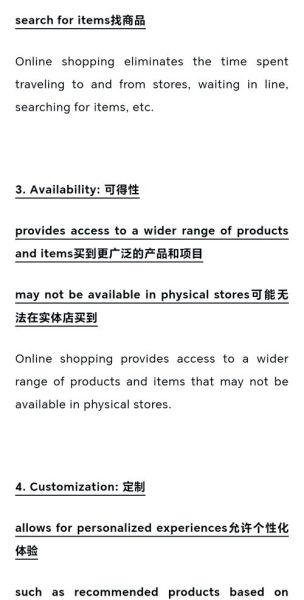Why Do People Rush to Buy the Newest Tech?
**The promise of speed, convenience, and status** drives early adoption. Smartphones that unlock with a glance, laptops lighter than a paperback, and wearables that monitor blood oxygen in real time all feed our desire for **instant gratification and social prestige**. - **Perceived efficiency gains**: Automating repetitive tasks saves hours each week. - **Fear of missing out (FOMO)**: Social media amplifies the anxiety of lagging behind peers. - **Planned obsolescence marketing**: Brands release incremental upgrades that nudge consumers toward yearly replacements. ---What Hidden Costs Come With Cutting-Edge Devices?
**Sticker price is only the tip of the iceberg.** 1. **Environmental toll** - Mining rare earth metals scars ecosystems. - Short product cycles generate **50 million tons of e-waste annually**. 2. **Privacy erosion** - Voice assistants record snippets even in “standby” mode. - Location data is sold to advertisers without explicit consent. 3. **Mental health strain** - Blue-light exposure disrupts circadian rhythms. - Infinite scroll design exploits dopamine loops, increasing screen addiction. ---Can High Tech Ever Be Truly Sustainable?
**Yes, but only through systemic change.** - **Modular hardware** lets users swap out batteries or cameras instead of discarding entire phones. - **Right-to-repair legislation** forces manufacturers to share schematics and spare parts. - **Carbon-neutral cloud providers** offset data-center emissions with renewable energy credits. Ask yourself: **Would I pay 10 % more for a device guaranteed to last seven years?** If enough consumers answer yes, the market will pivot. ---How Do Tech Giants Manipulate Our Behavior?
**Dark patterns—subtle design tricks—steer choices without informed consent.** - **Default settings** favor data sharing; opting out requires digging through nested menus. - **Push notifications** re-engage users at statistically optimal “vulnerable” moments. - **Subscription traps** offer free trials that silently convert to paid plans. **Countermeasures**: Install tracker blockers, disable non-essential permissions, and audit subscriptions quarterly. ---Does High Tech Widen or Bridge Social Gaps?
**Paradoxically, both.** - **Bridging**: Telemedicine brings specialist care to rural clinics; MOOCs democratize Ivy-League lectures. - **Widening**: Students without laptops fall behind during remote learning; gig-economy algorithms exploit low-income drivers. **Policy fixes**: Subsidized broadband, community tech hubs, and algorithmic transparency laws can tilt the scale toward equity. ---What Health Risks Should Early Adopters Watch For?
**Emerging evidence links prolonged gadget use to several ailments.** - **Text neck**: Tilting the head forward 60° adds 27 kg of spinal stress. - **Digital eye strain**: Symptoms include dryness, blurred vision, and headaches after two hours of continuous screen time. - **RF exposure**: While 5G frequencies are non-ionizing, long-term epidemiological data remains incomplete. **Mitigation**: Follow the 20-20-20 rule—every 20 minutes, look 20 feet away for 20 seconds—and use speaker mode to keep phones away from the skull. ---How Can Individuals Maximize Benefit While Minimizing Harm?
**Adopt a deliberate tech diet.** - **Digital Sabbath**: Pick one day a week to go offline; studies show improved memory retention and mood. - **Buy late, buy once**: Wait six months post-launch to avoid buggy first-gen hardware and inflated prices. - **Data detox**: Use tools like Jumbo Privacy to delete old tweets, search history, and voice recordings. Ask yourself: **Is this app solving a problem I actually have, or creating one I didn’t?** ---Will Regulation Catch Up With Innovation?
**Slowly, but momentum is building.** - **EU’s Digital Markets Act** forces interoperability between messaging platforms. - **US state laws** now require clear labeling of AI-generated content. - **Extended producer responsibility (EPR)** schemes bill manufacturers for end-of-life recycling. **Corporate response**: Some firms pre-empt regulation by adopting stricter internal policies, turning compliance into a competitive advantage. ---Final Thought: Who Bears Responsibility—Users, Corporations, or Governments?
**All three.** - **Users** must cultivate digital literacy and vote with wallets. - **Corporations** should embed ethics teams alongside engineering teams. - **Governments** need agile legislation that balances innovation with public interest. **The next decade will reveal whether high tech becomes humanity’s greatest ally or its subtlest adversary.**
(图片来源 *** ,侵删)

评论列表